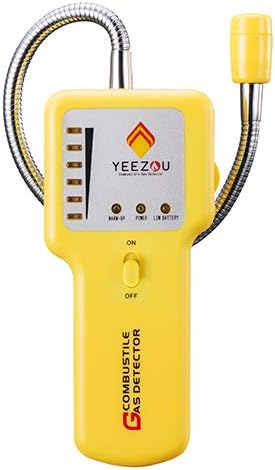Schattentarn
A True Doomsday Prepper
Last fall I turned off the propane shut off to the water heater, dryer, space heaters and generator and I just bought a new propane cooking stove which is not hooked up yet. I did not shut the valve off at the propane tank itself. I have never shut down a propane cabin before and wonder if I did it correctly. Now what I really want to do is hook up the cooking stove, turn on the valves and start the appliances. But somewhere, deep in my mind is this word "pressure test" which, if I recall, needs to be done but I forget when.
Is it ok to turn things on now or did I miss something? When do you pressure test?
Is it ok to turn things on now or did I miss something? When do you pressure test?

